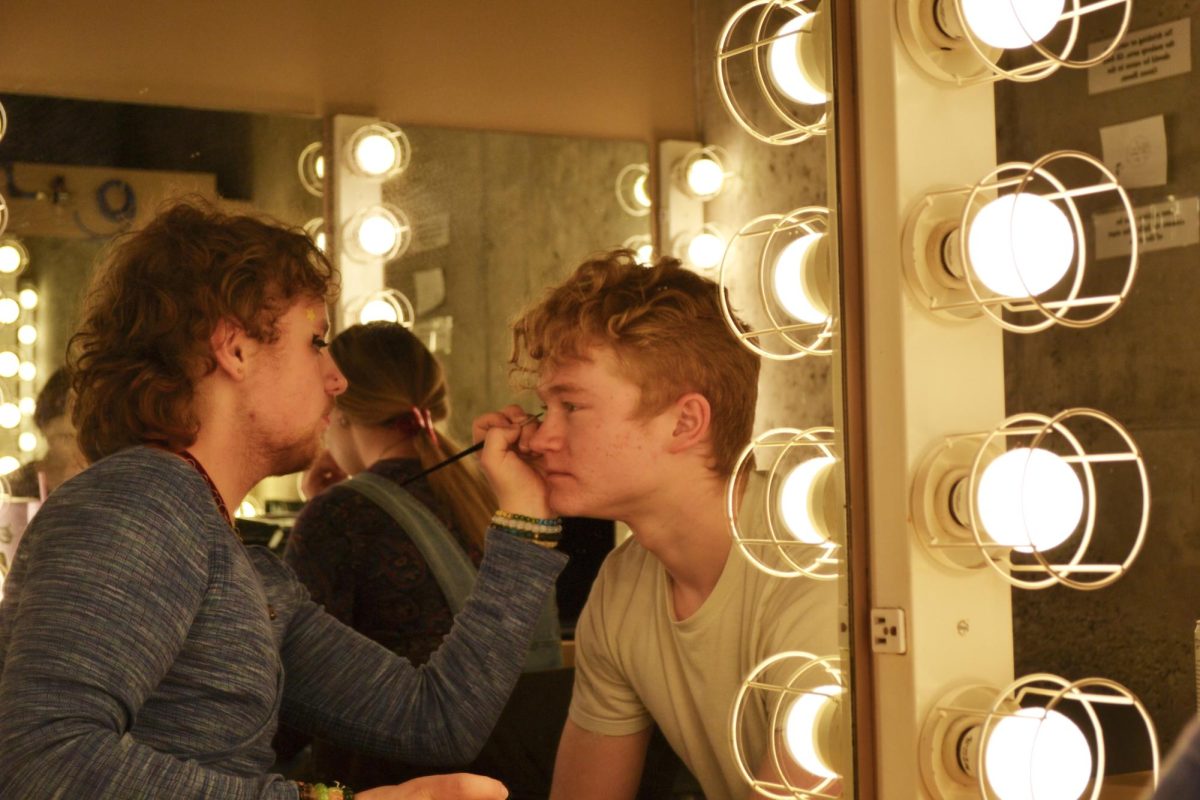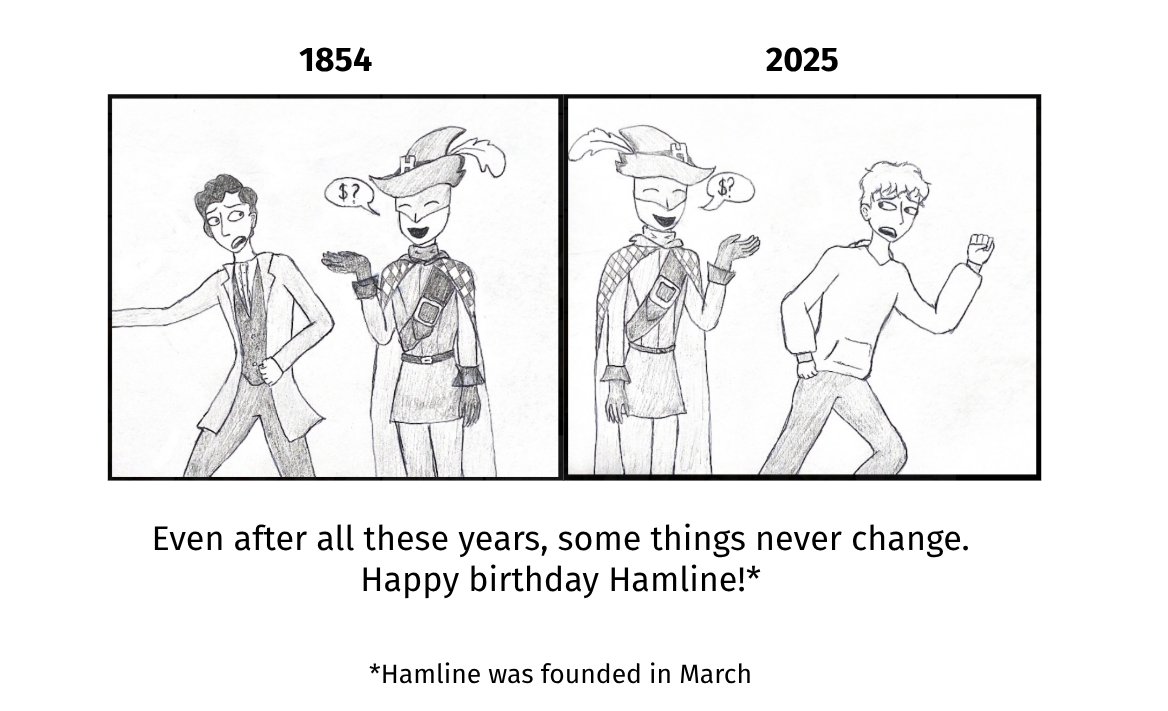Tucked along an unassuming stretch of University Avenue lies the former site of Arnellia’s, a club that proudly served as a staple of St. Paul’s nightlife scene for 25 years between 1992 and 2017. Though now closed as its owner and namesake, Arnellia Allen, battled with health issues and ultimately passed away at age 79, Arnellia’s is remembered fondly as a beacon of joy, connection and a hub for Black performers and community members to bond over live entertainment.
Arnellia’s was originally started between Allen and a partner under the name Metro Bar and Grill and was located in downtown St. Paul. When the business relocated to University Ave., Allen purchased it from her partner and became the first African American woman in the state of Minnesota to own a liquor license and a nightclub. While this was a significant milestone, she remained humble about her achievement, which she spoke to in an MPR News article from 2017.
“I’m the only one that I know of. I don’t talk too much about it, just did what I had to do,” Allen said. The club was also the only Black-owned live music venue in the state for many years and was reported by MinnPost in 2008 to be the oldest Black-owned establishment in St. Paul.
The club has been likened to the Apollo Theater, a venue in the Harlem neighborhood of Upper Manhattan, New York City, that is regarded as impactful upon Black American culture and has been a popular spot for Black performers. The now-defunct Facebook page for Arnellia’s advertises jazz and blues musicians as well as live events such as karaoke, comedy nights and collaborations with local food vendors such as Big L’s Soul Food, whose food truck previously occupied a spot near Hamline’s campus. Many musicians, both local and out-of-state, performed at the establishment over the course of its operation, including Ray Covington, Debbie Duncan and even Prince.
Allen is remembered warmly by employees and patrons alike, and those close to her referred to her as “Momma” or Ms. Arnellia. Towards the end of the club’s operation, a four-day celebration was organized, featuring bands, spoken-word artists and DJs.
Artist De’Monica Flye, who organized the music for the club’s closing festivities, relayed her feelings in an article from MPR News discussing the closure.
“She’s always been a fighter. She’s a legend, a warrior, an icon to me. When the club closes, I don’t know what we’re going to do, because as Black entertainers, this is home,” Flye said.
Publisher Tracey Williams-Dillard of the Minnesota Spokesman-Recorder, the oldest Black-owned newspaper in MN, also spoke to the disruptive significance of losing the establishment.
“We cannot afford to lose those Black businesses we do have. We’re not just losing a nightclub; we are losing a part of our community that is not easily filled,” Williams-Dillard said.
The former site of Arnellia’s is now listed online as permanently closed, and the building currently houses a wig shop. Just steps away are a Somali restaurant, a dance theatre and a childcare center, painting a picture of the shifting mosaic of cultural legacies that decorate Midway.
Some have advocated for the building to be commemorated as an historical site, including artist Matina Watkins, who shared her perspective in an article with MPR News.
“She put a lot of hard work and sweat and tears into this building for us as musicians … so my suggestion is we make it an historical site. She earned it,” Watkins said.
While many mourn the loss of such a culturally significant establishment and the person who made it all possible, the legacy of Black entertainment and performing arts in MN has undeniably been forever altered by the club’s existence.
To read to rest of MPR’s 2017 article, visit this link.


















